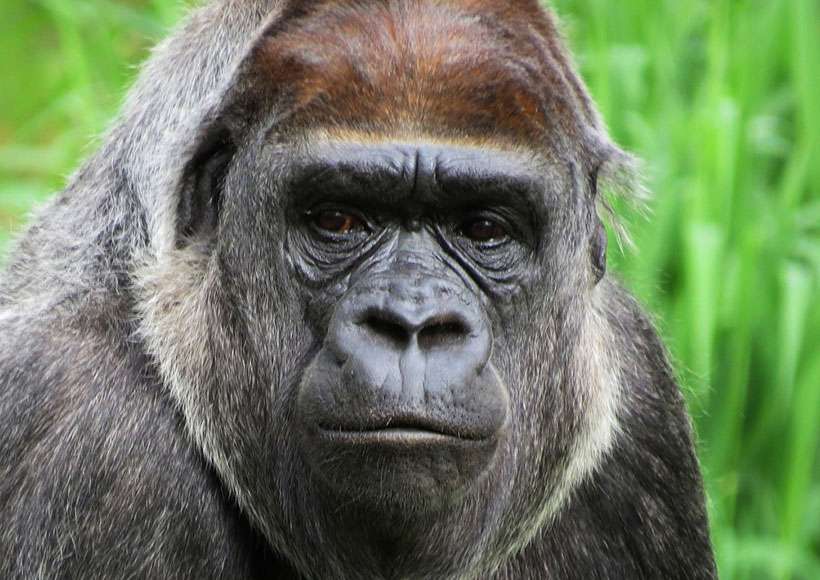This dying Earth
3.1 February 2017
“Humanity has moved a step closer to wiping out our closest evolutionary relatives”1
The Earth’s largest living primates2 the Eastern Gorilla, Gorilla beringei, live in the mountainous forests of eastern Congo, northwest Rwanda and southwest Uganda. During the past 20 years their populations have been “severely affected by human activity.”3 Previous population estimates in 1995 recorded some 16,900 individuals. A survey in 2015- discovered that this was now reduced to 3,800 – a loss of 77%.3
As a result the International Union for Conservation of Nature (IUCN) has listed the Eastern Gorilla as Critically Endangered in its latest Red List of threatened species.1 It’s a sad fact that humanity is driving the gorilla to extinction. The dramatic decline in their population has mainly been the result illegal hunting and other factors including agriculture, human diseases and Climate Change.3
“Gorillas have been severely affected by human activities”3
The 2016 IUCN Red List includes a survey of 82,954 species of plants and animals. Of these an alarming 23,928, or 28.8%, have been identified as being threatened with extinction.2 Many scientists have expressed alarm that a toxic mix of human activities is driving what has been termed the “sixth great extinction” of life on Earth
“Each IUCN Red List update makes us realize just how quickly the global extinction crisis is escalating…it is our responsibility to enhance our efforts to turn the tide and protect the future of our planet”4

Extinction is final
3.2 February 2017
Orang-utans are a family of great ape that live in the forests of Sumatra and Borneo. They have existed as a species for over 20 million years.
Today it is estimated that only some 60,600 remain.
Orang-utan has suffered from a reduction in habitat caused mainly by fires and logging due to the conversion of vast areas of tropical forest into palm oil plantations.
Orang-utans are at serious risk of extinction to make cooking oil, biodiesel and cosmetics!

